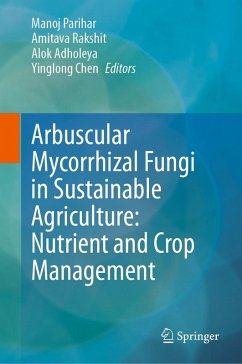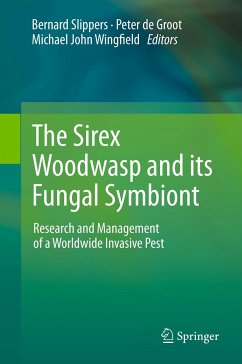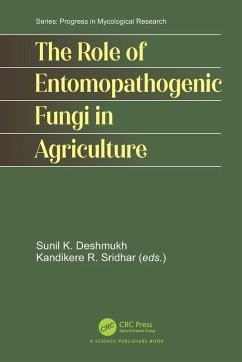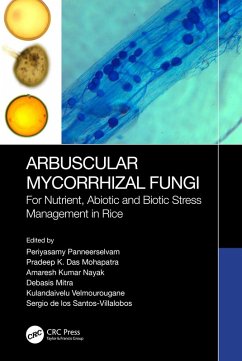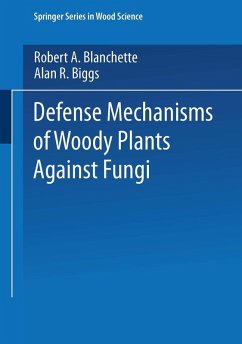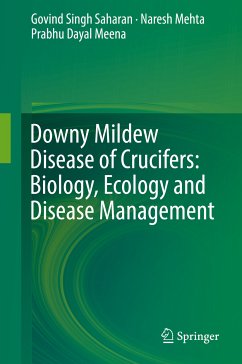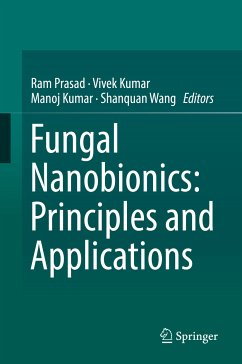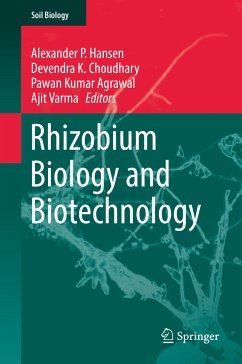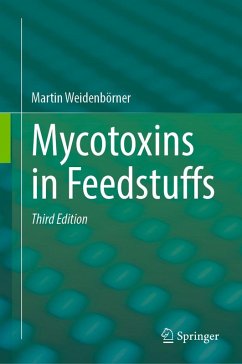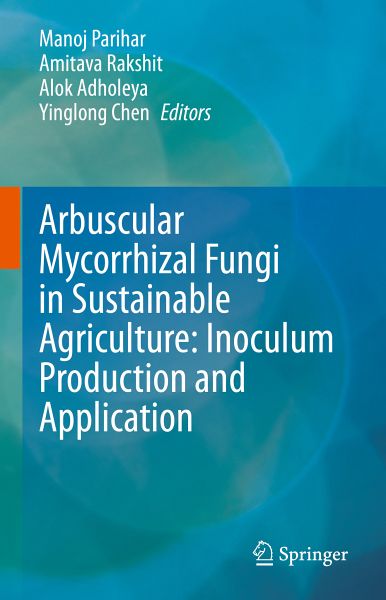
Arbuscular Mycorrhizal Fungi in Sustainable Agriculture: Inoculum Production and Application (eBook, PDF)
Versandkostenfrei!
Sofort per Download lieferbar
136,95 €
inkl. MwSt.
Weitere Ausgaben:

PAYBACK Punkte
68 °P sammeln!
This 2-volume book is an up-to-date overview of current progress in Arbuscular Mycorrhizal Fungal (AMF) technique development, inoculum production and its quality regulations, application in agriculture, horticulture, agroforestry, and other ecosystems, along with nutrient management for sustainable food production. It contains the current advancement in basic and molecular techniques, challenges, opportunities, and determinates of various AMF production methods and major tools and techniques for their field application. Production and development of AMF is rapidly evolving and requires a mult...
This 2-volume book is an up-to-date overview of current progress in Arbuscular Mycorrhizal Fungal (AMF) technique development, inoculum production and its quality regulations, application in agriculture, horticulture, agroforestry, and other ecosystems, along with nutrient management for sustainable food production. It contains the current advancement in basic and molecular techniques, challenges, opportunities, and determinates of various AMF production methods and major tools and techniques for their field application. Production and development of AMF is rapidly evolving and requires a multidisciplinary approach with up-to-date knowledge to broaden and strengthen the perspective of researchers involved in this domain. The volumes offer new insight and cutting-edge information for novices and experts such as students, academicians, researchers, environmentalists, industrialists, and others interested in mycorrhiza. The first volume covers some basic isolation techniques, enumeration,and molecular studies with recent advances in various in-vitro and in-vivo production technologies, regulatory issues, and application methodologies for field inoculation. It also discusses AMF application in various agroecosystems for sustainable agricultural production and a healthier planet.
Dieser Download kann aus rechtlichen Gründen nur mit Rechnungsadresse in A, B, BG, CY, CZ, D, DK, EW, E, FIN, F, GR, HR, H, IRL, I, LT, L, LR, M, NL, PL, P, R, S, SLO, SK ausgeliefert werden.



